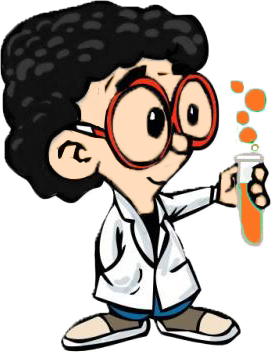 This year, as we anxiously anticipate whether or not the world will actually finish on December 21st, we have been seeing apocalyptic zombies everywhere. The poor scientists who creates them, however, is getting hardly any recognition in any respect!
This year, as we anxiously anticipate whether or not the world will actually finish on December 21st, we have been seeing apocalyptic zombies everywhere. The poor scientists who creates them, however, is getting hardly any recognition in any respect!
My personal background is within the purest of pure arithmetic, so I consider statistics as a funny means of talking about chance and regression as a bunch of linear algebra. This makes me a modeler. In both case, this is where deep theoretical knowledge creeps in to information science. Once you have bought clean data and an understanding of that knowledge, you typically need to make predictions either from that knowledge or related looking data that you will get sooner or later.
It is usually said that knowledge scientists can have a disproportionately massive enterprise impact compared to their numbers. The aim of the info scientist is to garner deep insights from an organization’s knowledge to help drive future choice-making processes. If finished right, this may help chart the course of a company’s future improvement. At this point, we might like to share with you some of the work we’ve been doing, in addition to some of the fascinating conversations we have had concerning the information-science space. At times we might get technical, show some neat visualizations of our information, or wax lyrical about present and rising developments in the trade. Interested readers can expect a post from us at the least as soon as a month at across the similar time.
We Are Data. Data Is Us: There are a variety of corporations for whom their knowledge (or their data evaluation platform) is their product. In this case, the info analysis or machine learning happening will be fairly intense. This is probably the ideal situation for somebody who has a proper mathematics, statistics, or physics background and is hoping to proceed down a extra tutorial path. Data Scientists on this setting probably focus more on producing nice data-driven products than they do answering operational questions for the company. Companies that fall into this group may very well be consumer-facing firms with huge quantities of knowledge or firms which are providing an information-based mostly service.
Russ Thompson is a Senior Research Scientist at Alexa. Day to day he cleans, rationalizes, and models vast portions of information to derive understanding and tease stories from it. When he isn’t wrestling with numbers, Russ takes to the hills mountain climbing and backpacking California’s many trails. Russ holds a PhD in Math from Cornell University. An general conclusion of my lesson could be that it went extremely nicely. The college students have been actively engaged within the studying. I would conclude that my thoughts of bringing my own fieldwork into the classroom is a superb technique to train college students. They do want to hear about your experiences and your data first hand. This post was written by the workforce behind DataCamp , the web interactive learning platform for information science.